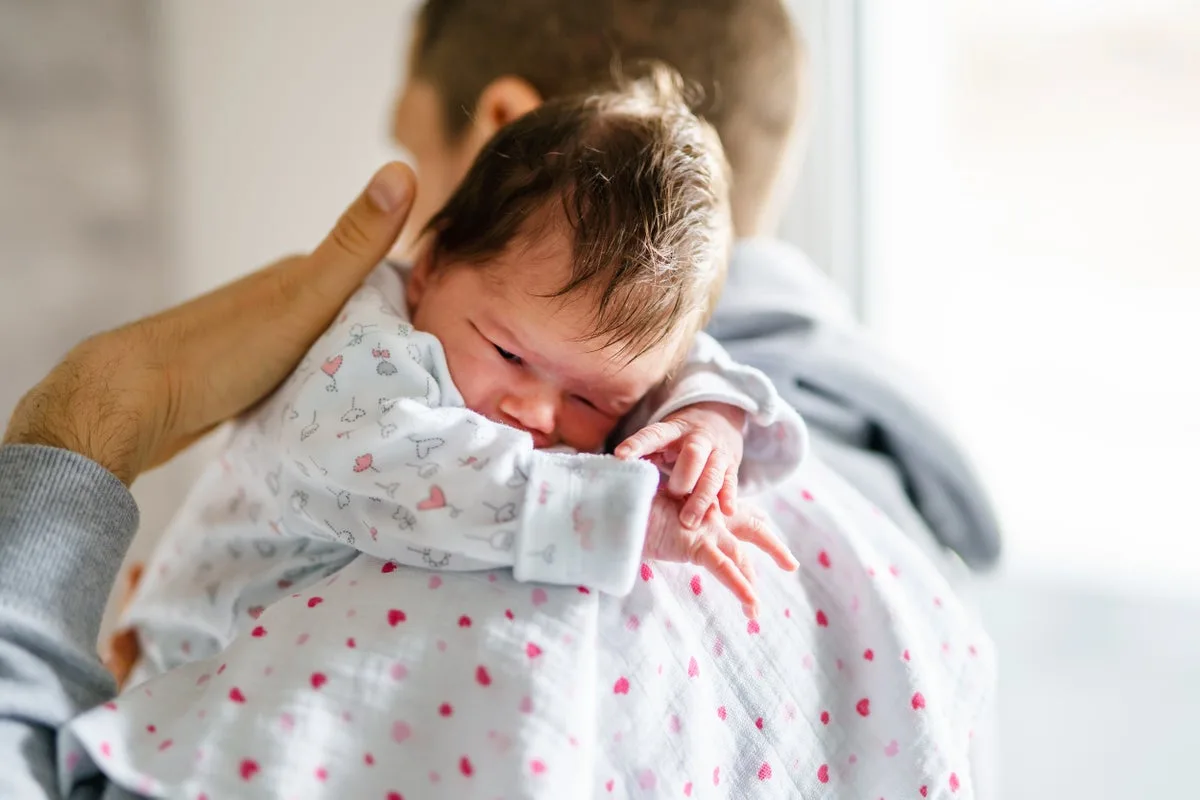Copyright yahoo

Amanda Porretto is 27 – the average age for new mothers in the United States. However, she remains uncertain about having children. Despite familial expectations – her father’s desire to be a grandfather and her late mother’s belief she would eventually embrace motherhood – Porretto, who works in advertising, holds a different perspective. “Some people think it's a bad thing” not to have a child, she said. “I just don't think I need to bring more people into (the world) when there's so much here currently that we need to fix.” Her sentiment reflects a growing trend among younger generations of Americans, who are increasingly citing climate change as a primary reason for their reluctance to have children. Concerns center on the prospect of raising offspring in a world grappling with escalating and more intense extreme weather events, a direct consequence of greenhouse gas emissions from burning fossil fuels. There is also apprehension about the environmental impact their own children might have on the planet. Recent studies underscore this trend: A 2024 Lancet study involving people aged 16 to 25 revealed that a majority were either "very" or "extremely" worried about climate change, with 52 per cent admitting hesitation to have children because of it. A Pew Research Center report, also published in 2024, found that adults under 50 without children were four times more likely than their over-50 counterparts to consider climate a factor in their decision. This year, a study in the Proceedings of the National Academy of Sciences reported that over half of respondents answered "yes" or "maybe" when asked if climate change made them question having children. The climate impact of children Parenthood and climate change are related not just because of fears for a child's well-being, but also by concern for the planet's well-being. Compared to the carbon emissions of all the other decisions, "having a child is by far, by orders of magnitude, larger,” said Nandita Bajaj, executive director of Population Balance, which is a nonprofit focused on humans' environmental impact. Unlike other choices, procreation comes with something that bioethics professor Travis Rieder of Johns Hopkins University calls “carbon legacy.” “You’re not only doing carbon expensive activities like buying a larger house and a larger car and diapers and all that," said Rieder. “You’re also creating someone who is going to have their own carbon footprint for the rest of their lives.” That child might have children, and those children might have children, creating an impact that lasts generations, Rieder added. Of course, the logical extreme of minimizing an environmental footprint means having no children, Rieder said, which he is not advocating. It's tricky to quantify the impact of a child. That's because there's no consensus on what percentage of their impact is the parent's responsibility, and partly because the impact of that child depends on their parents' lifestyle. “One of the best predictors of how carbon-expensive they’ll be is how wealthy you are,” Rieder said. For example, the U.S. emits 123 times more carbon emissions than Ghana, according to the Emissions Database for Global Atmospheric Research. Adjusted for population size, that means the average American emits more than 12 times as much as the average Ghanan. Procreation might have the largest climate impact, but when it comes to actions people can take to reduce their personal contribution to global warming, having fewer children often isn't discussed. Researchers who study climate change and family planning give two reasons. “If a person tells you that they’re expecting or that they are pregnant, the immediate response is to offer some kind of support, congratulate them, that sort of thing," said Trevor Hedbert, who teaches moral philosophy at the University of Arizona. The other factor, said Rieder: the impact of procreation sometimes is tied to conversations about overpopulation. The environmental movement in the 1970s expressed fears that there were too many people for the planet's resources, which led to racism and eugenics, which garnered severe backlash. Climate factors into people’s choices Ash Sanders, 43, knew when she was young that she didn't want to have a baby. Then she got pregnant. “I didn’t want to add another person to the world and have them have more of an impact on a world that was already overstressed and strained by the number of humans that were here,” she said. Sanders, a freelance writer who covers religion and environment, wanted an abortion but felt pressure by her Mormon upbringing and by the father to have the baby. She said she was called a bad person for not wanting a kid. She placed her child in an open adoption and sees her regularly. Today she feels conflicted about her decision. “I feel guilt for bringing her into the world. I mean she likes the world, she's a happy kid, she's very cool. I'm a big fan. But I feel guilt all the time,” she said. Juan Jaramillo said the environment was always a factor in his parenthood calculus, even when he was a teenager in the 1970s. He later went to school to become a marine biologist. “Pollution and climate change was not an issue just yet, but all of the rest of the problems that we have now were there back then,” he said. Plus, he just didn't want kids. So he got a vasectomy and hasn't regretted the decision. His decision not to have children and his environmental concerns lined up. That's not the case for Rieder, the bioethics professor, who has spent years studying that impact, and still very much wanted to be a dad. “Having children is a deeply meaningful and important activity to people. It's also carbon expensive," he said. "So how do you weigh these things out?” For Rieder, finding that balance meant having just one child.



